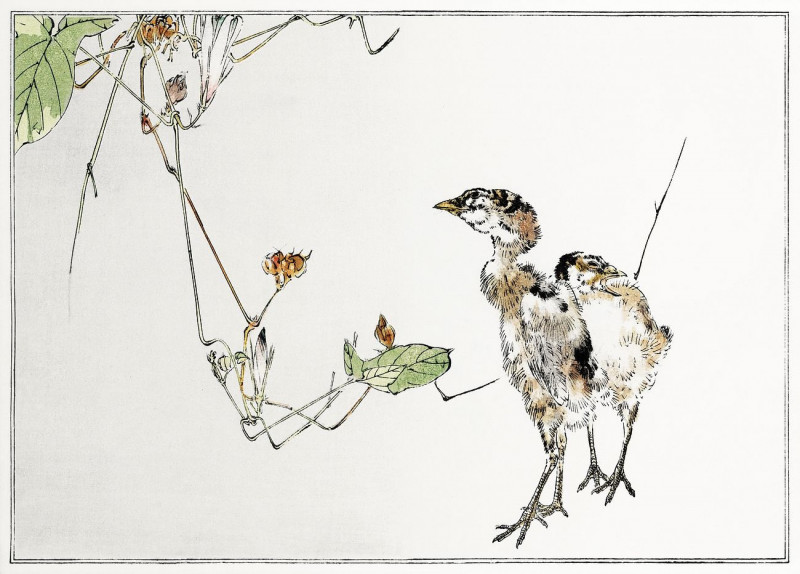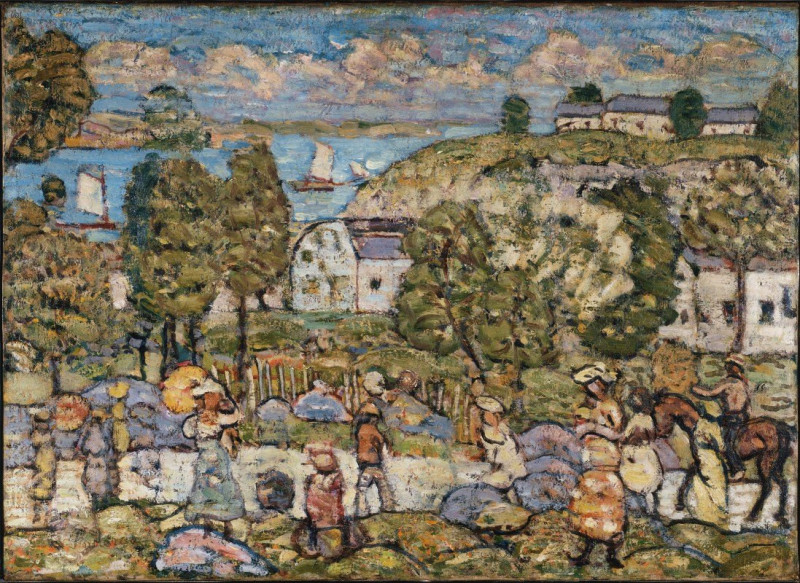Tiger At Rest
More about this artwork
Delivery
Reproductions are made to order and take 5 to 7 working days.
We send them out by courier and delivery takes another two working days.
If you need a reproduction sooner, please contact us - we can usually find a solution and produce it a little faster.
If you don't want to pay for postage, you can pick up your paintings at our galleries in Kaunas or Vilnius.
Returns
Yes, reproductions can be returned.
If you have any doubts more than 30 days after the date of purchase, please contact us - we will take the reproduction back for a refund or offer you a replacement!
We accept a maximum of two returns per customer - please note that we make reproductions to order, so please choose responsibly.
We do not refund shipping expenses.
Rudolf Ernst was an Austro-French painter, printmaker and ceramics painter who is best known for his orientalist motifs. He exhibited in Paris under the name "Rodolphe Ernst".
He was the son of the architect Leopold Ernst and, encouraged by his father, began studies at the Academy of Fine Arts Vienna at the age of fifteen. He spent some time in Rome, copying the old masters, and continued his lessons in Vienna with August Eisenmenger and Anselm Feuerbach.

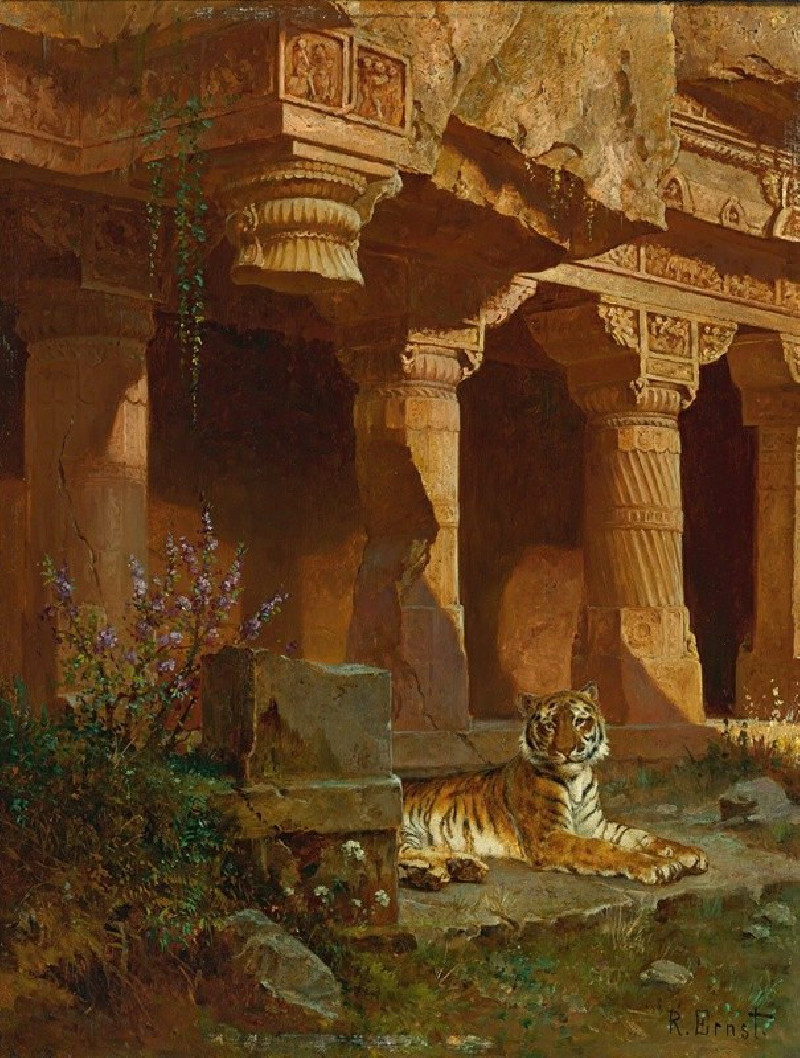
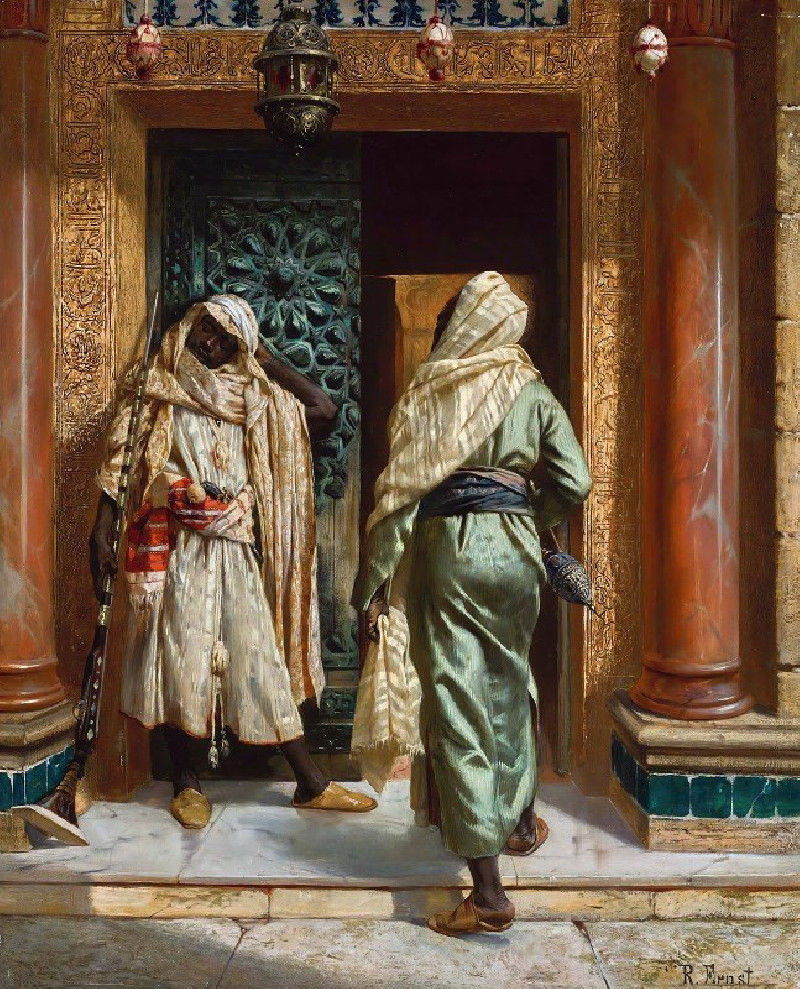
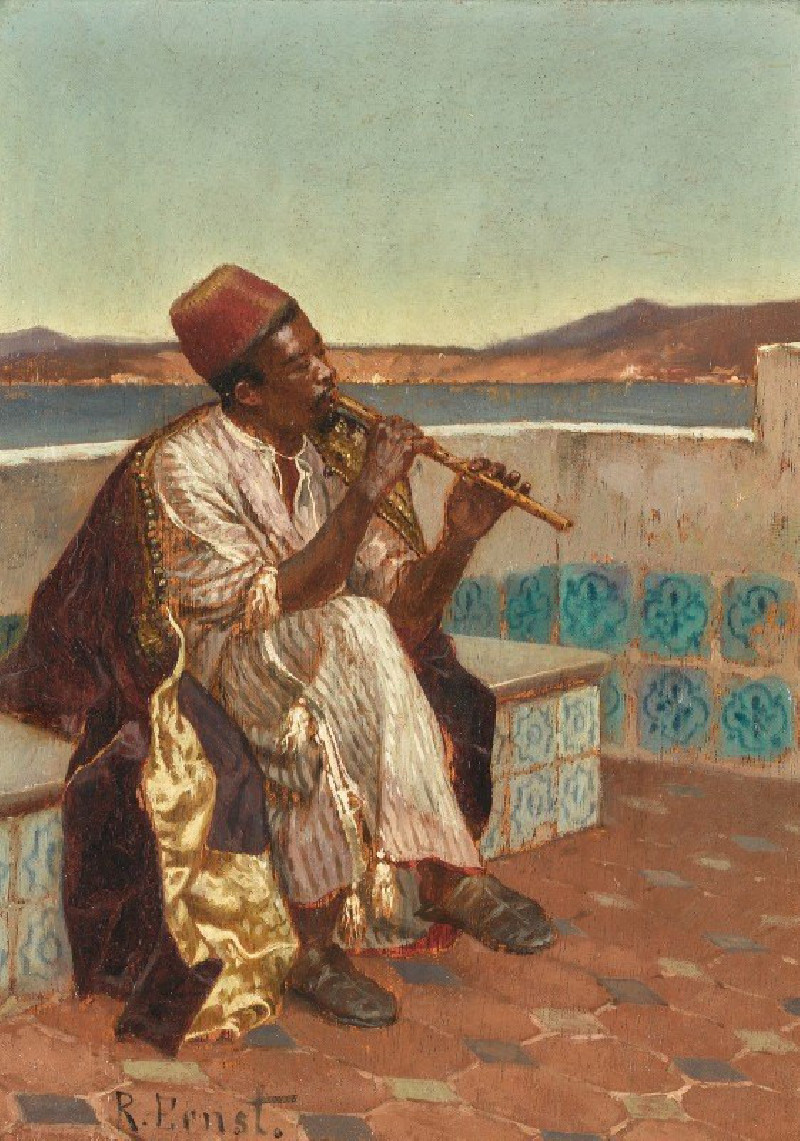
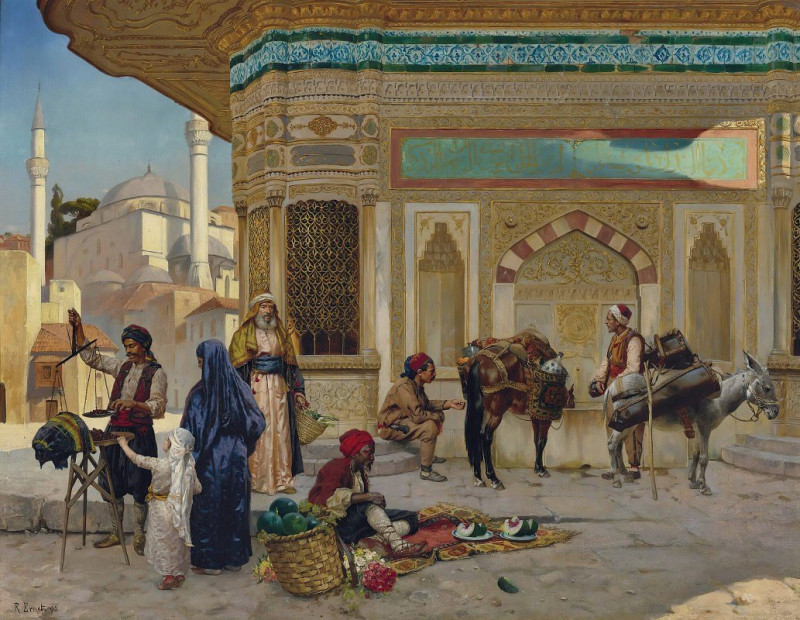
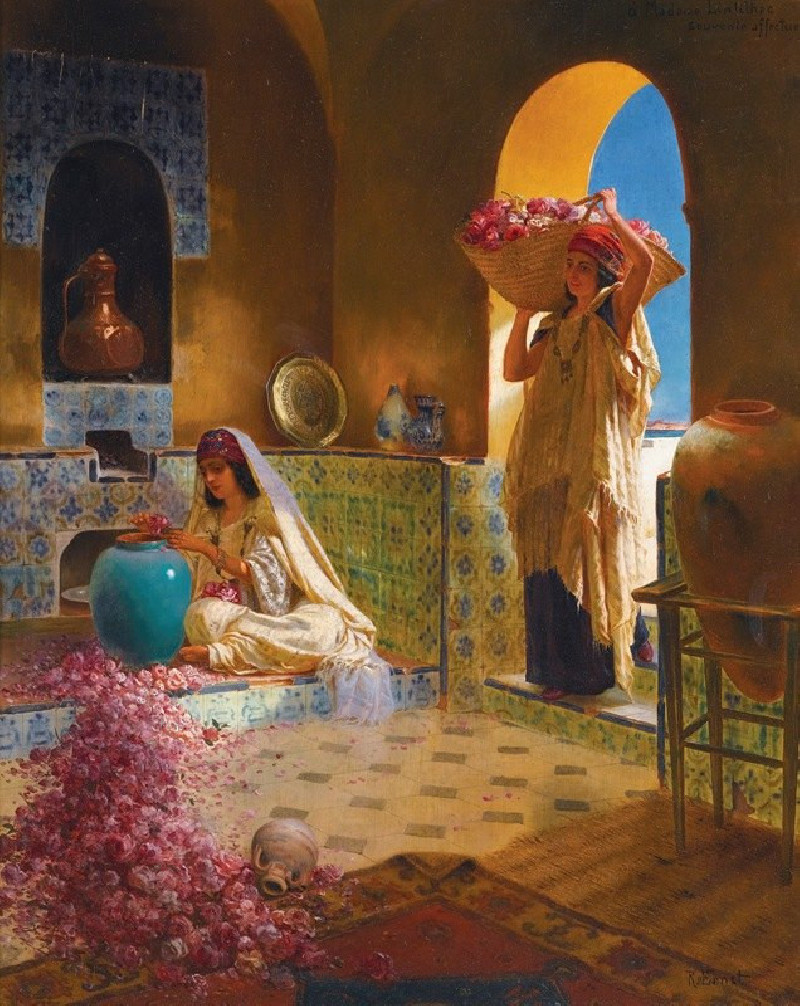
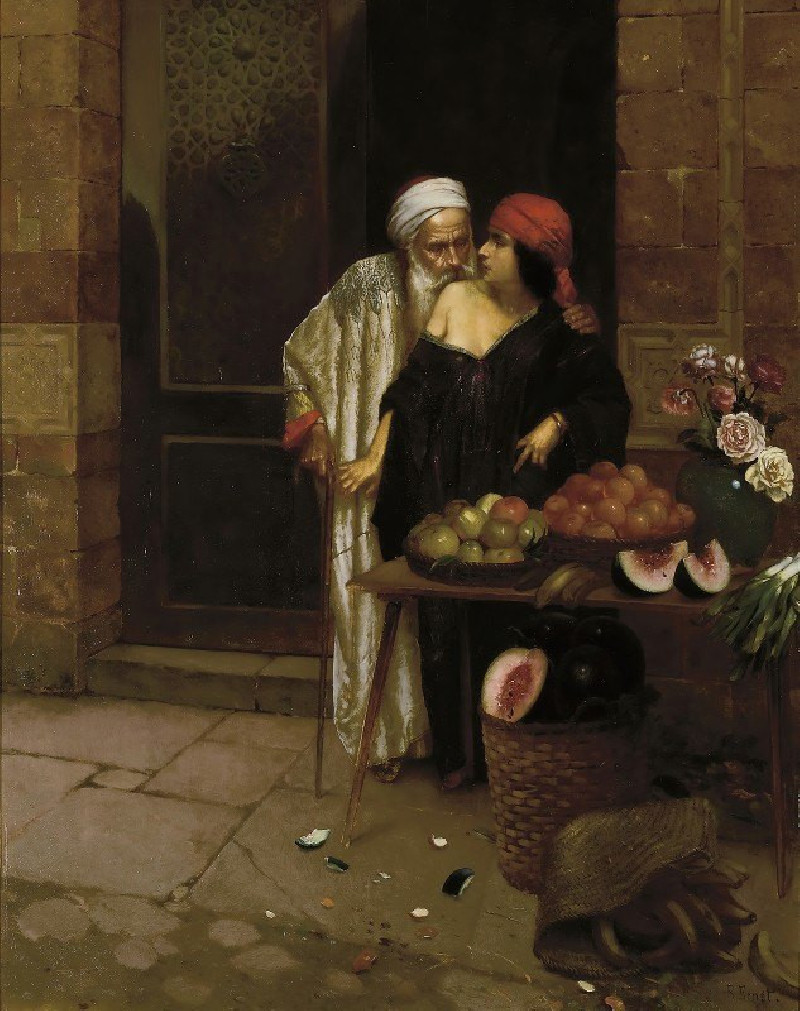
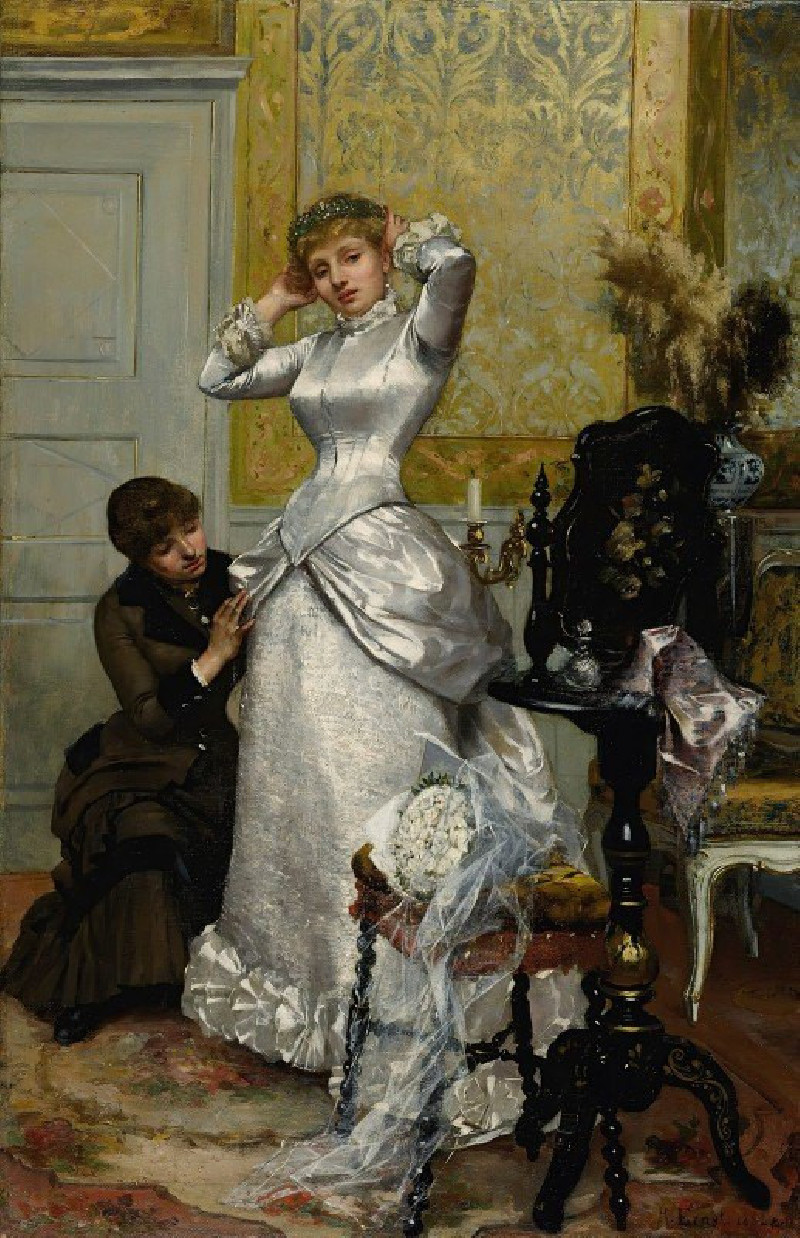
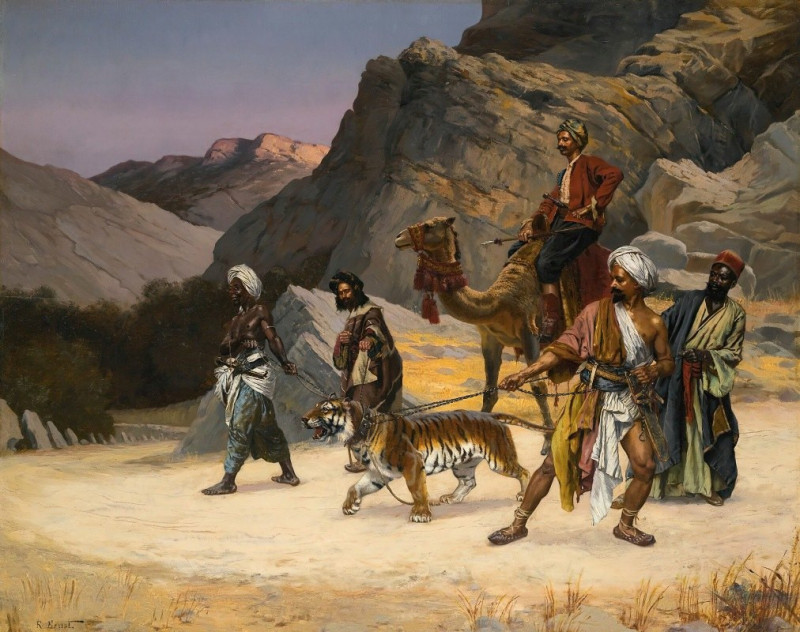

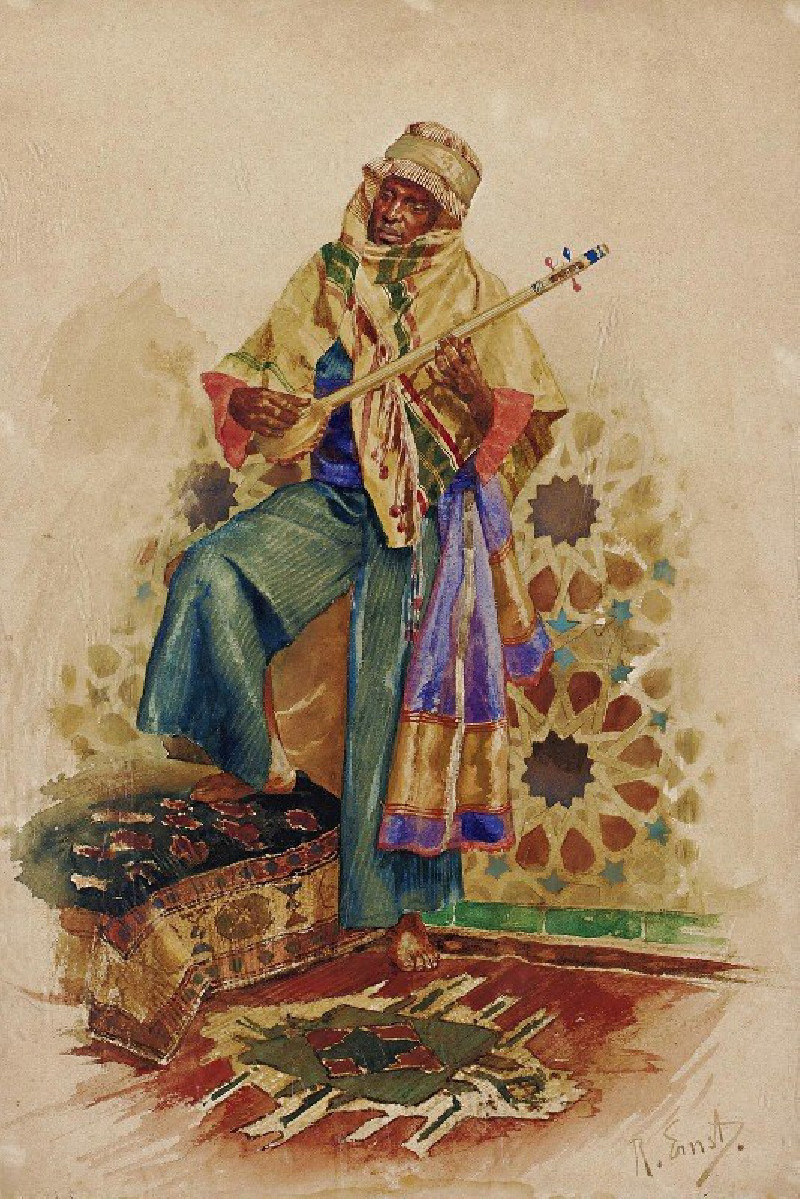
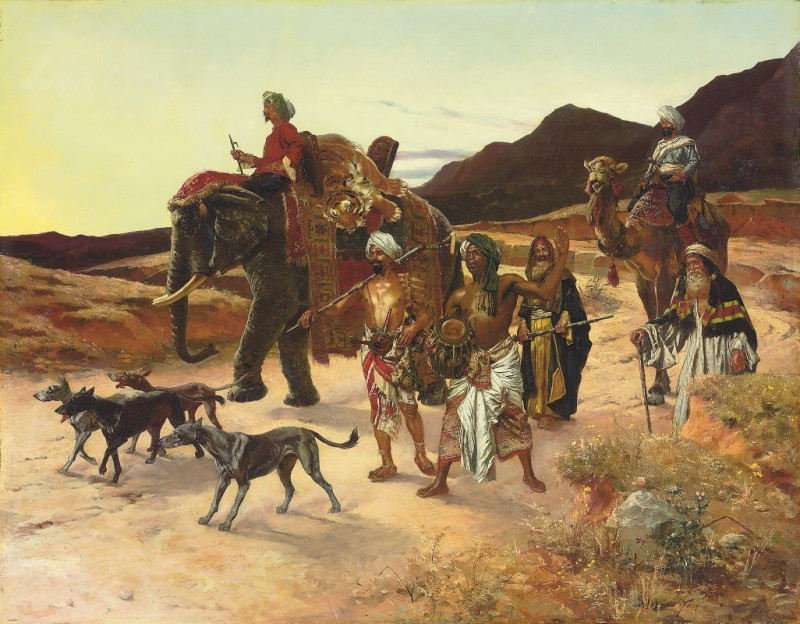
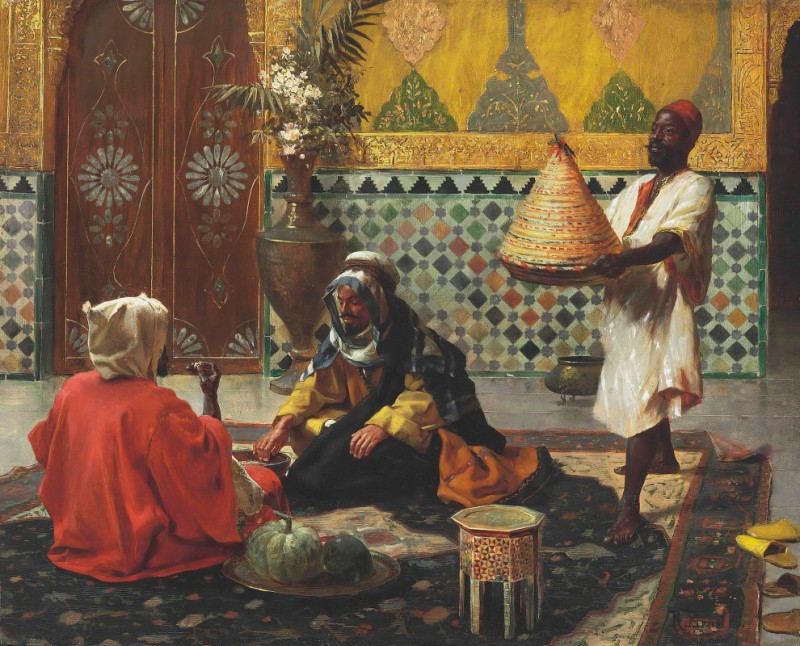
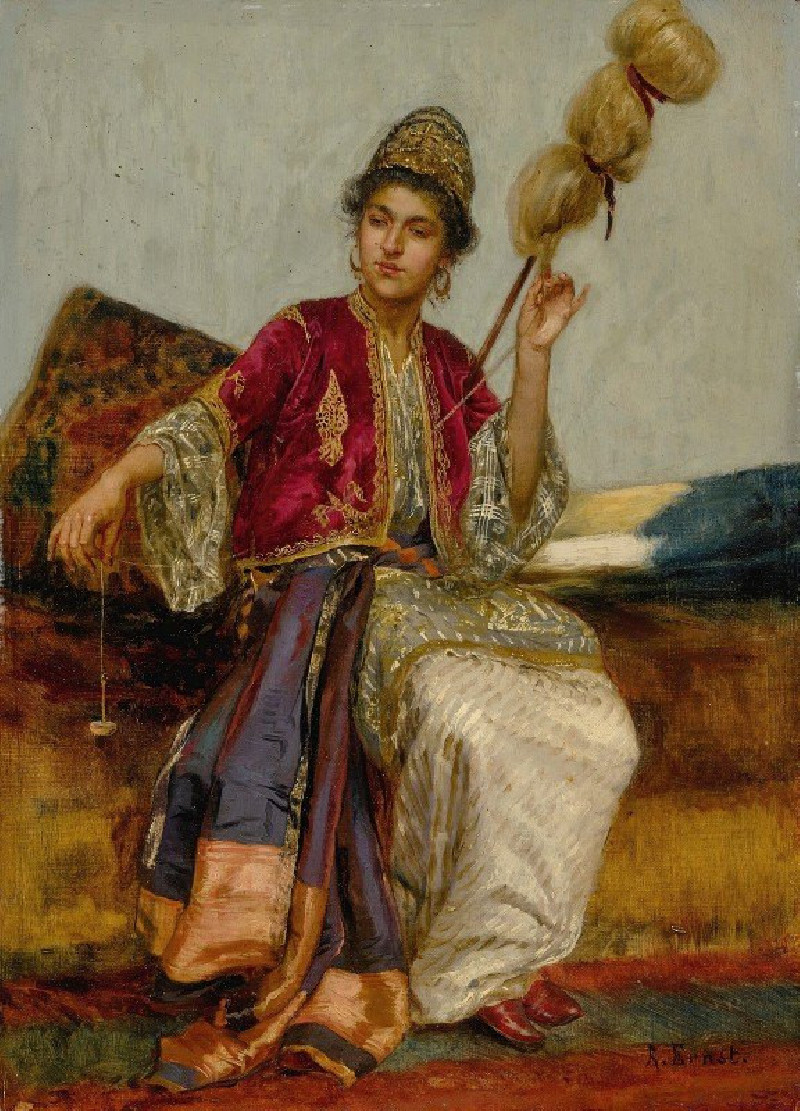
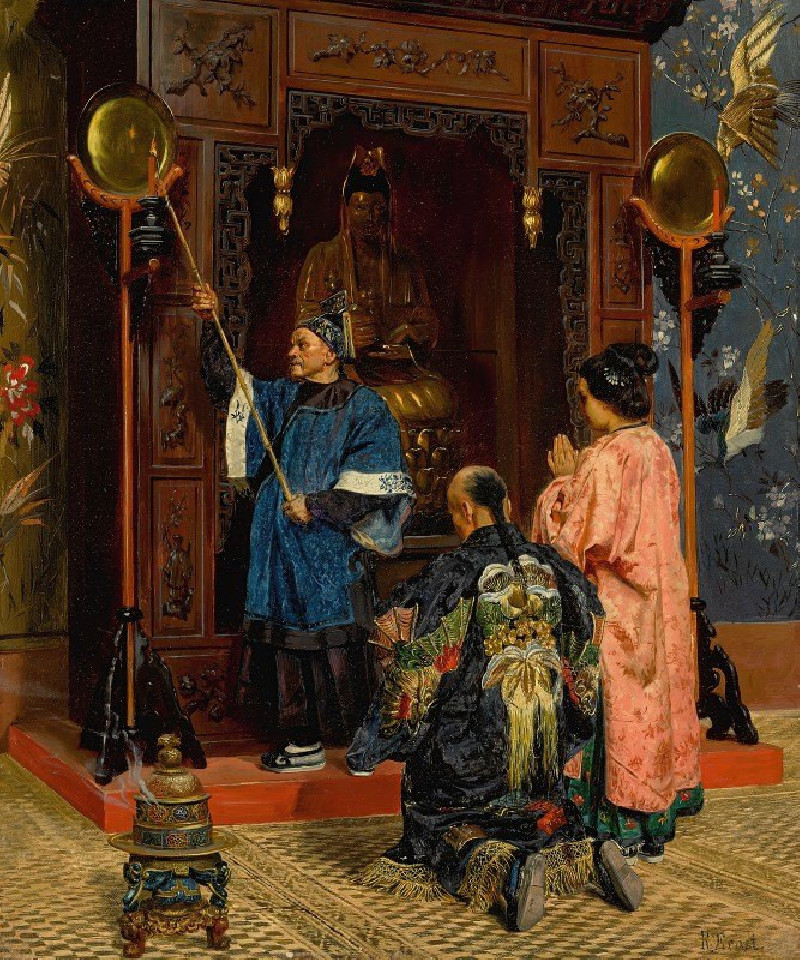
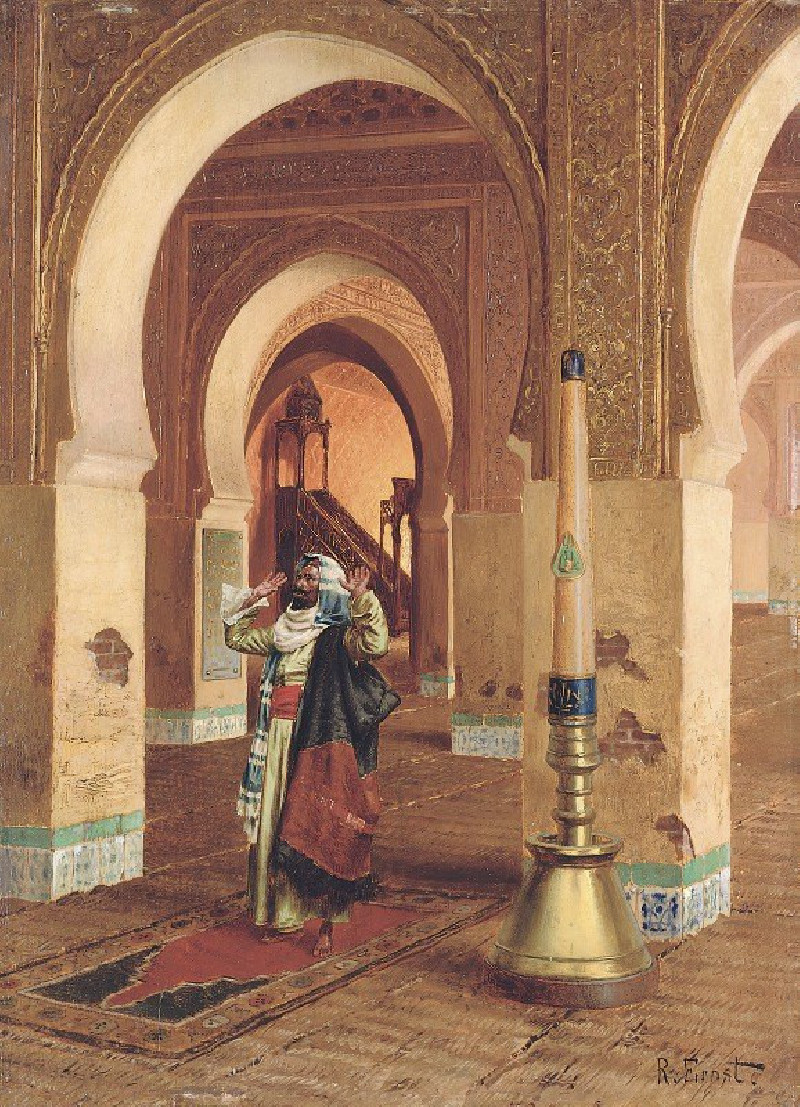
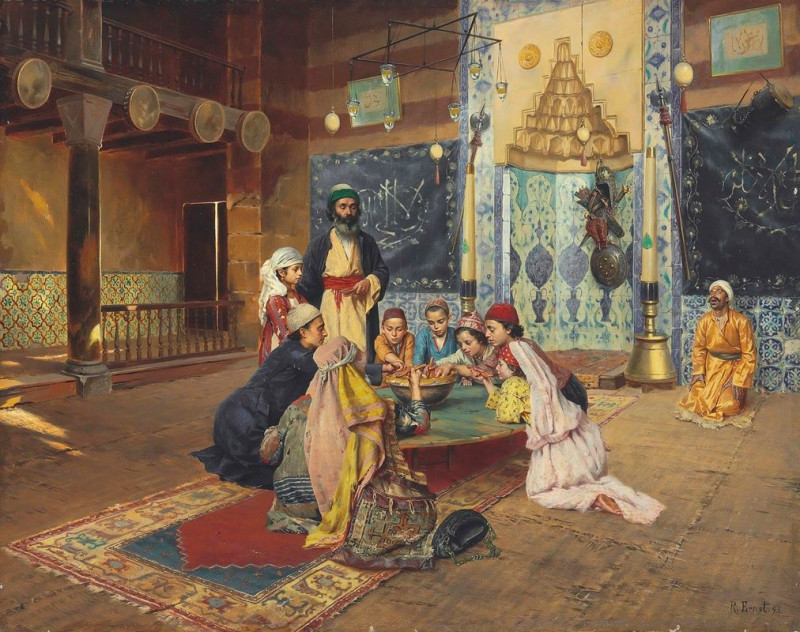
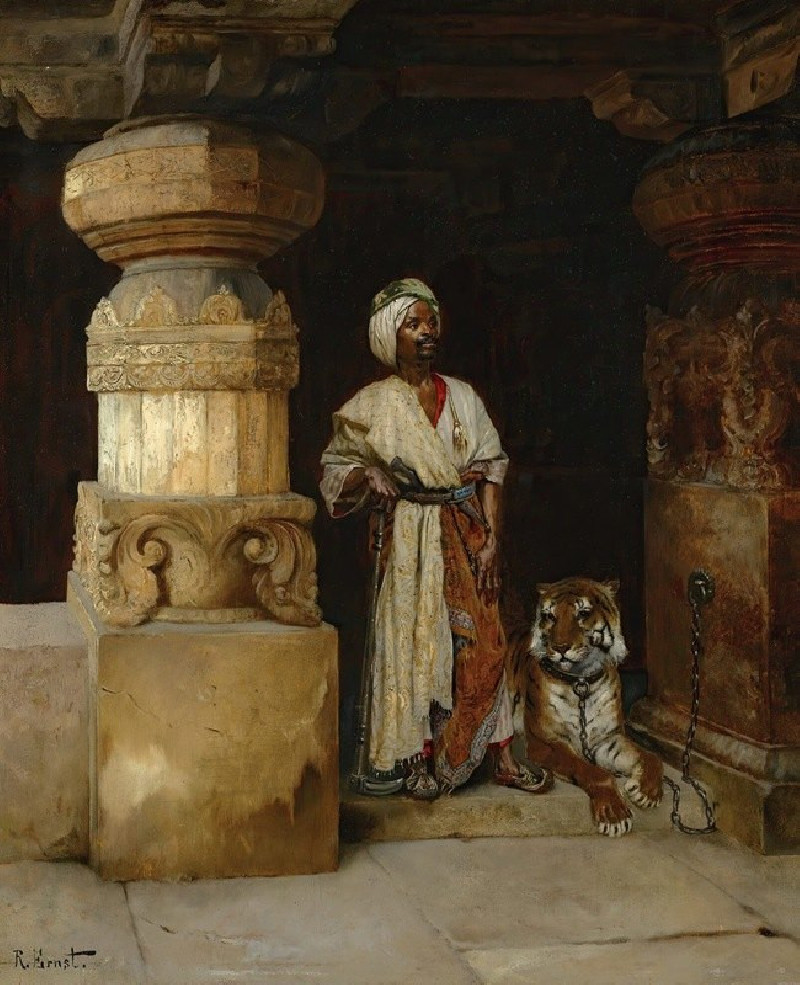
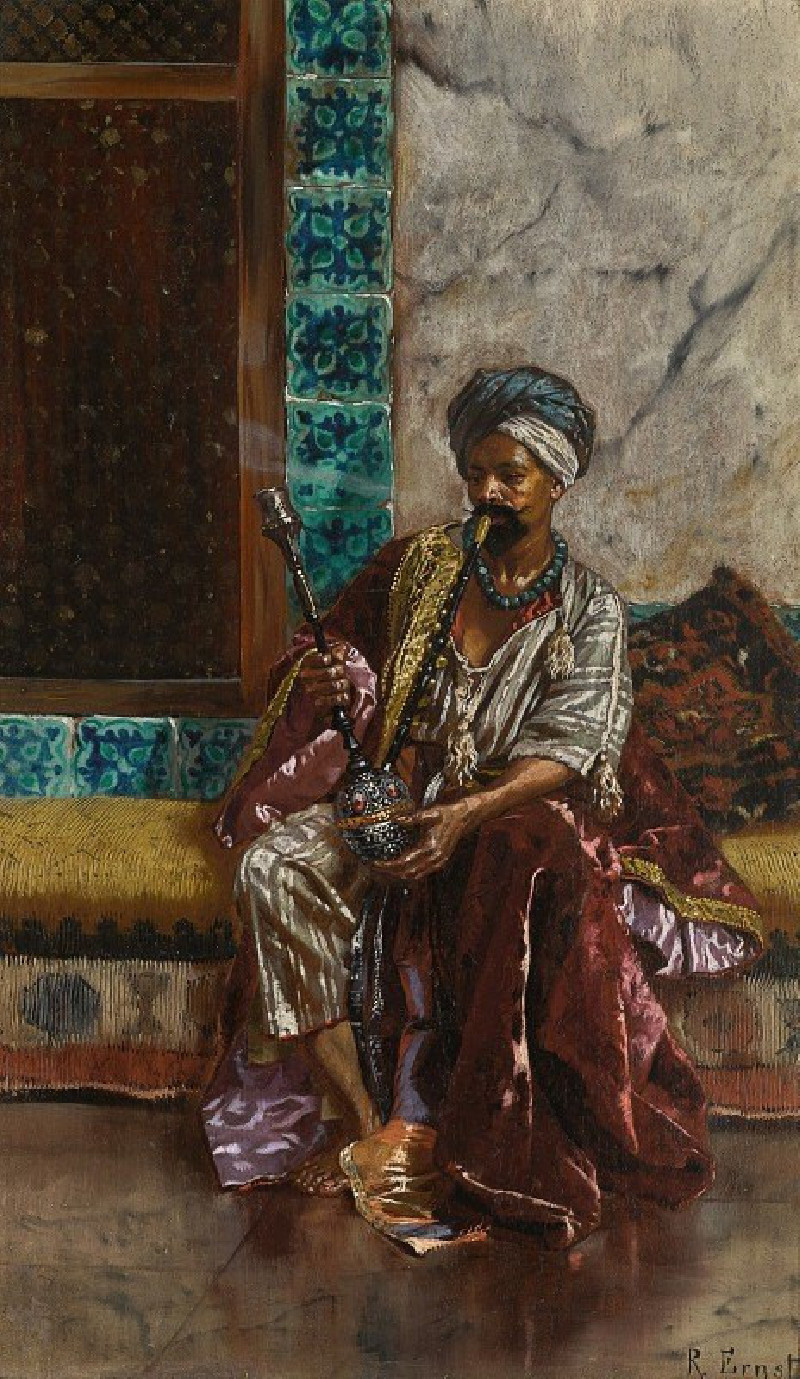
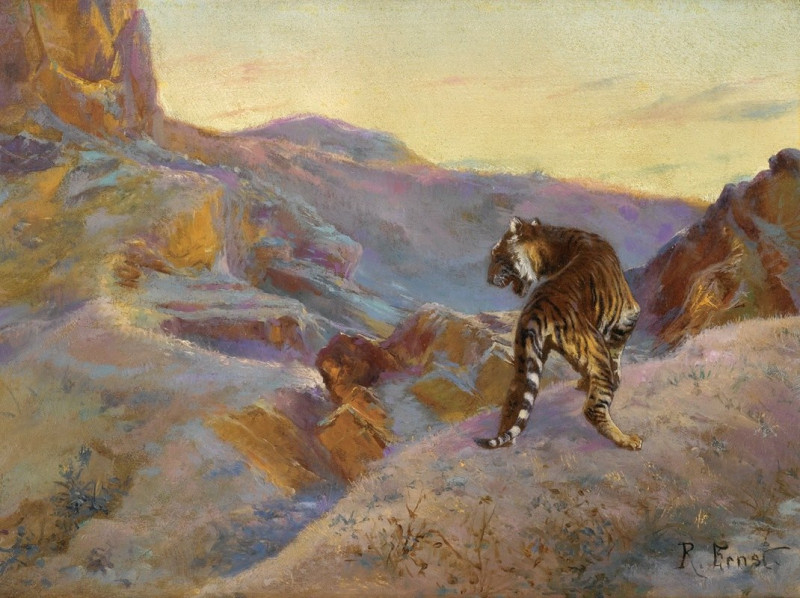

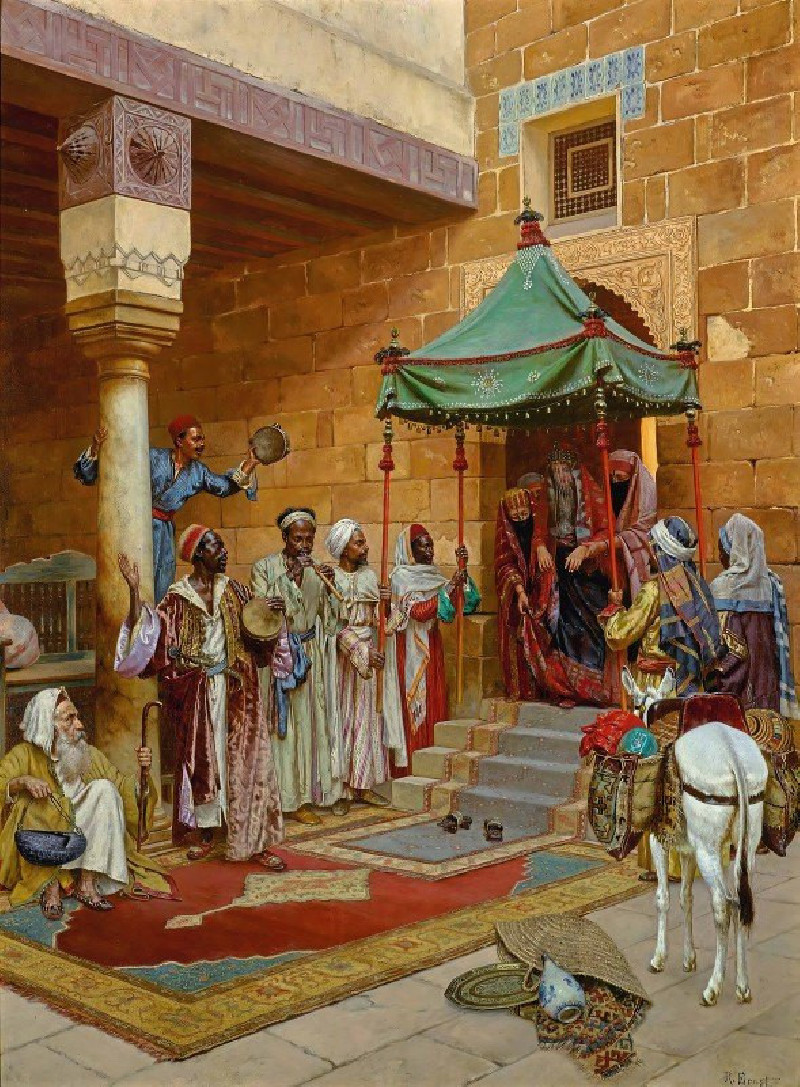
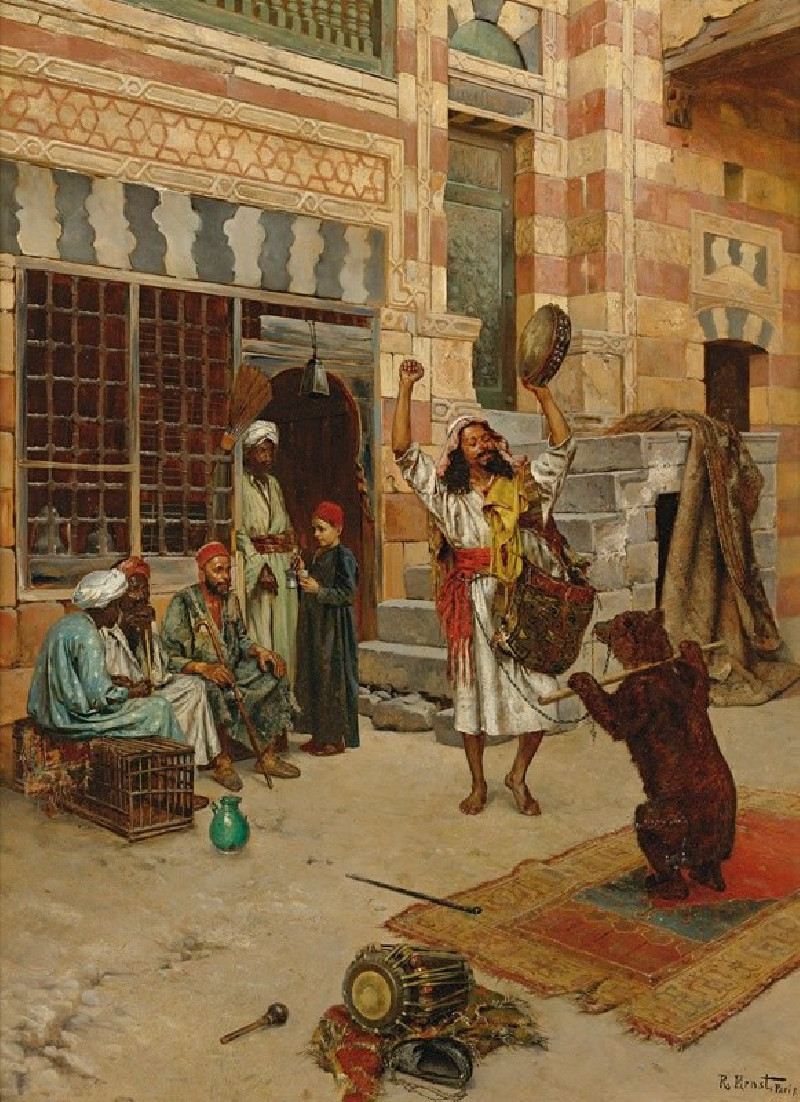
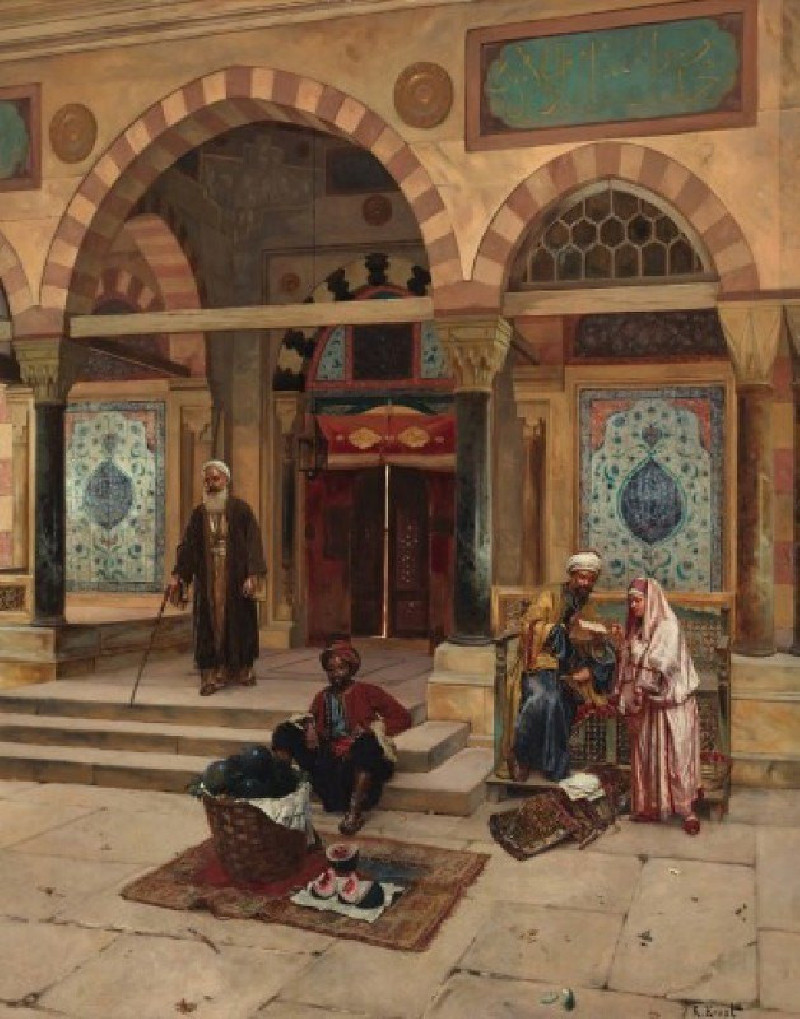
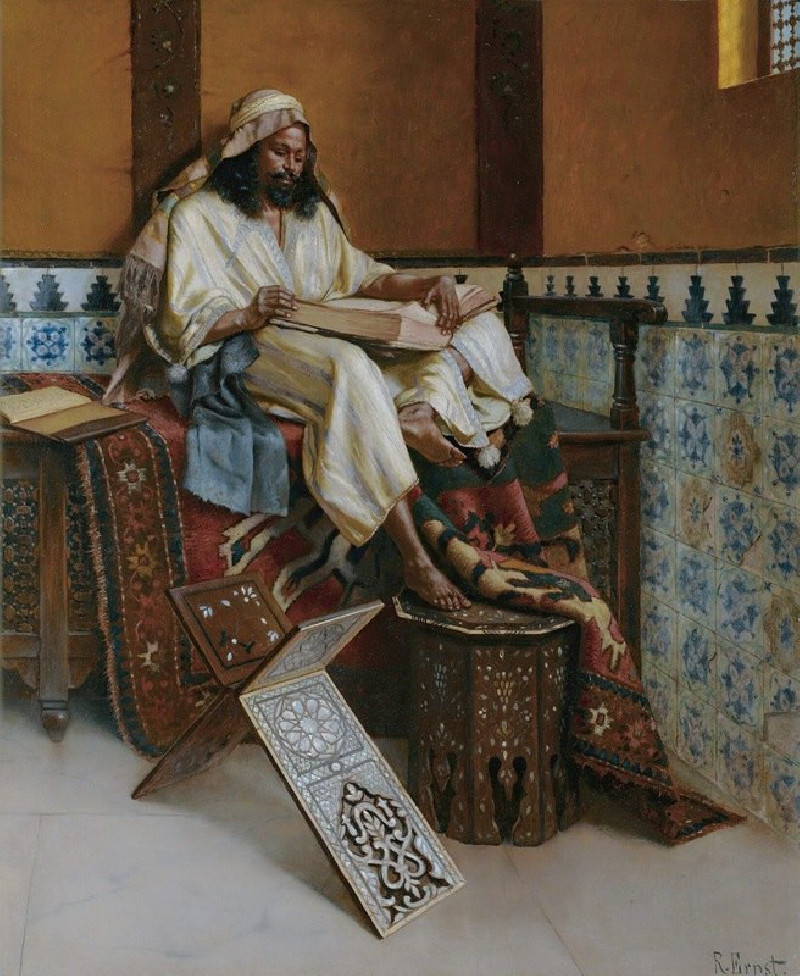

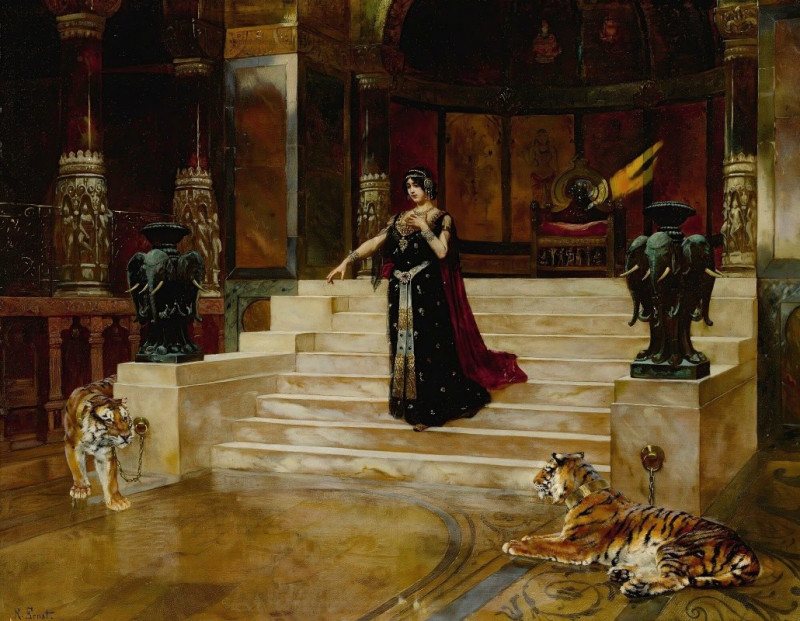
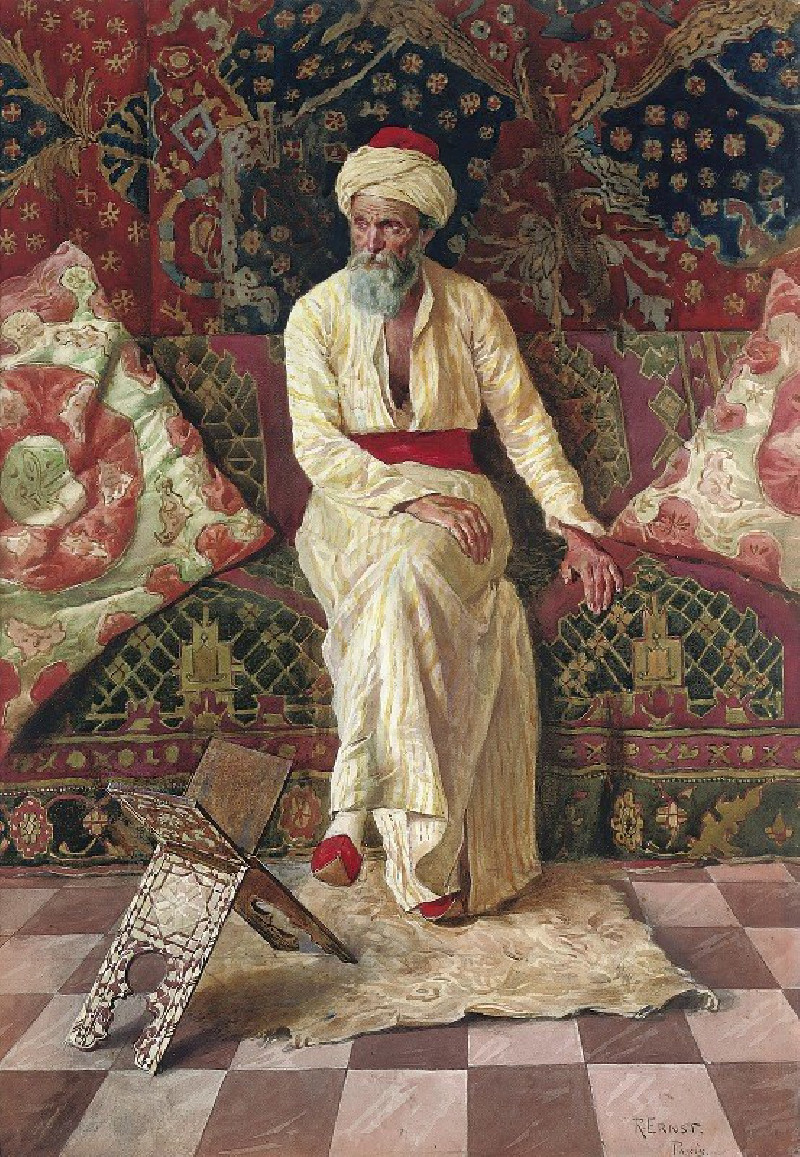
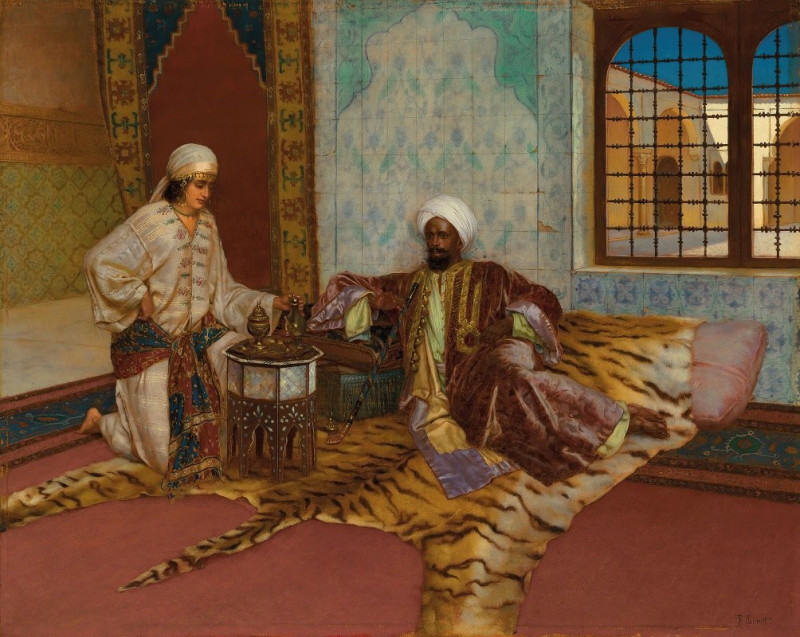

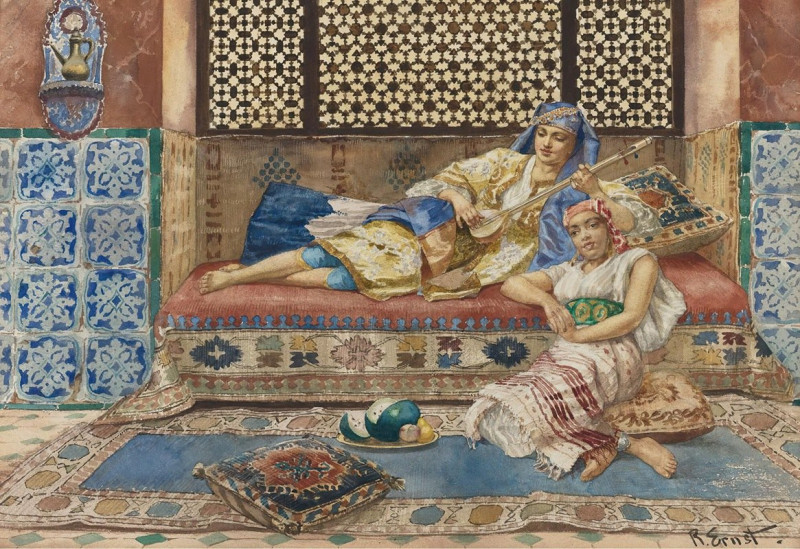
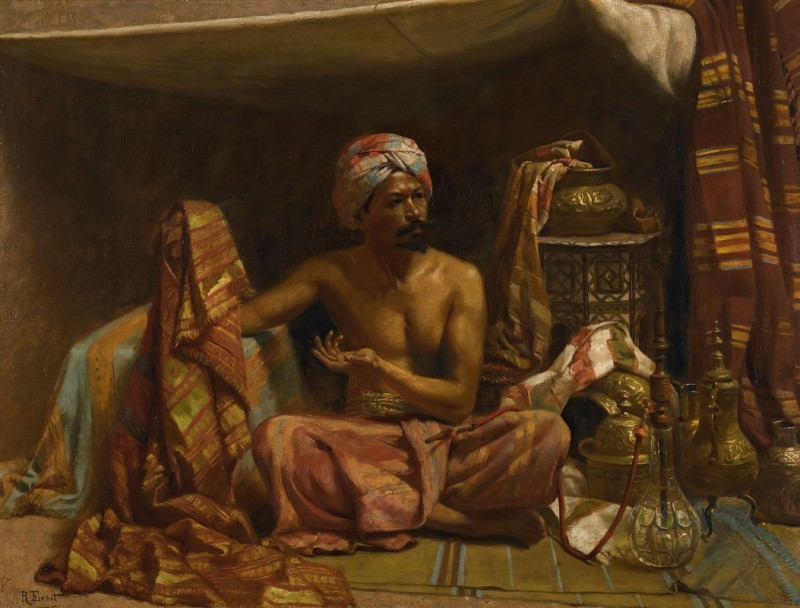
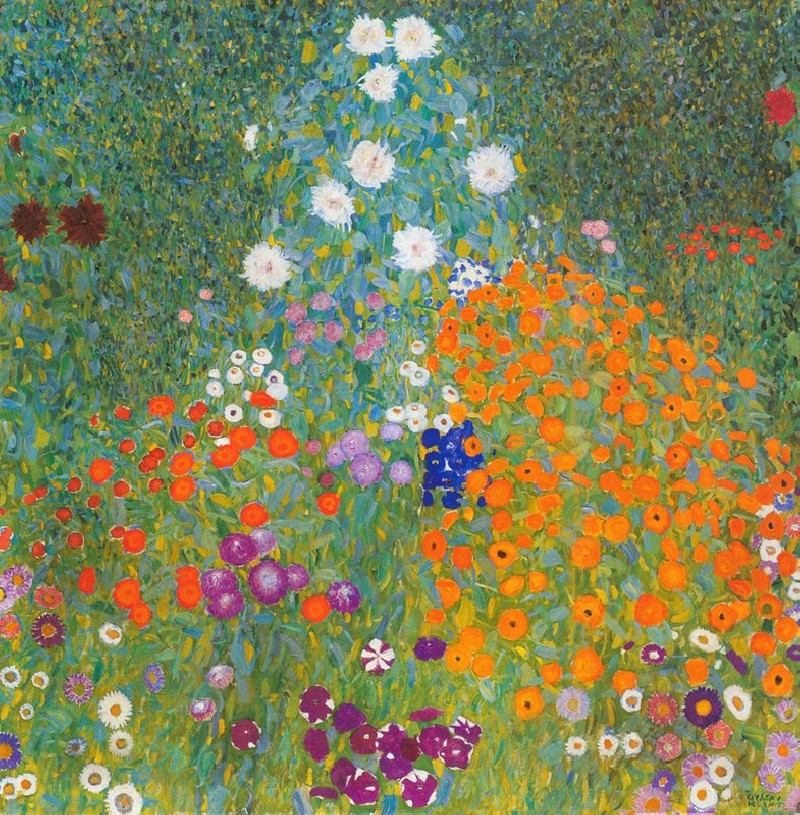
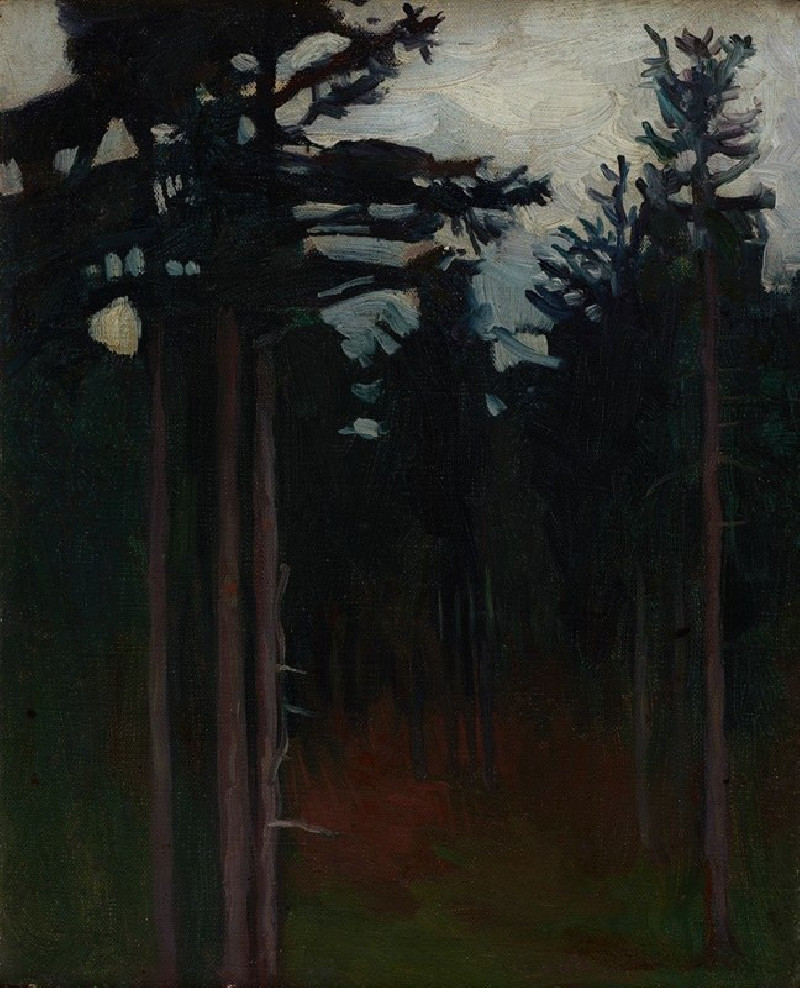

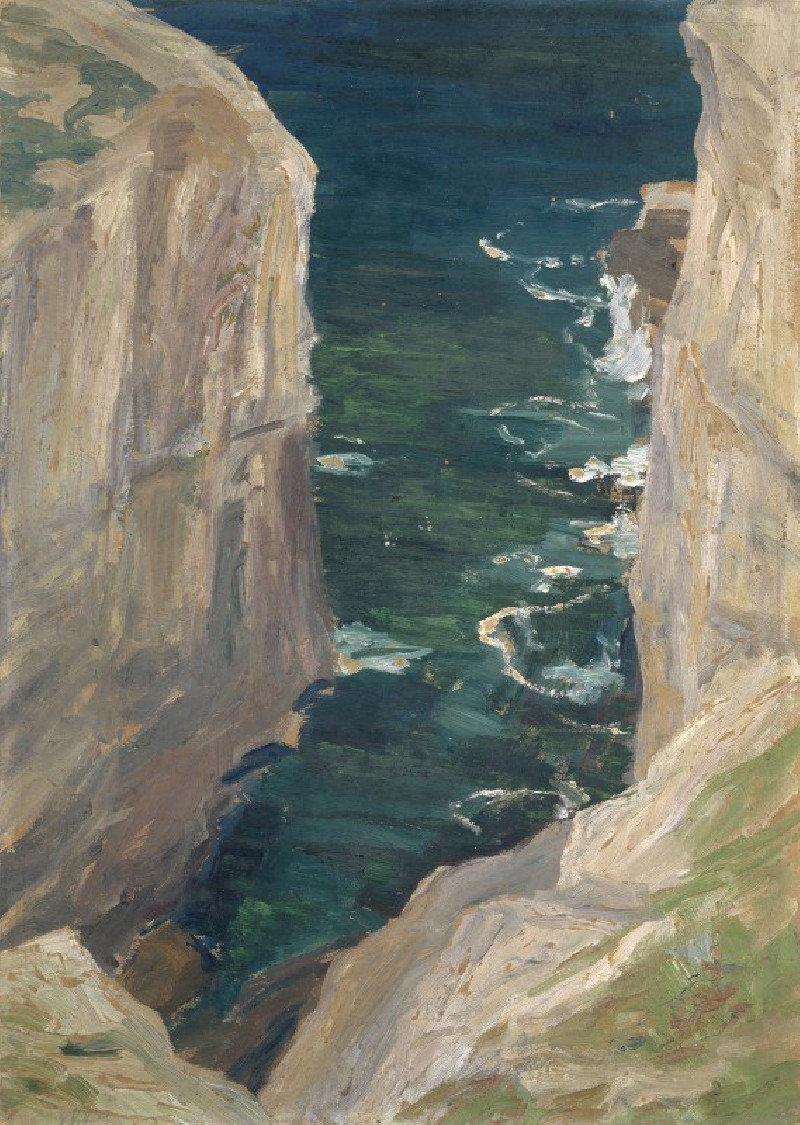
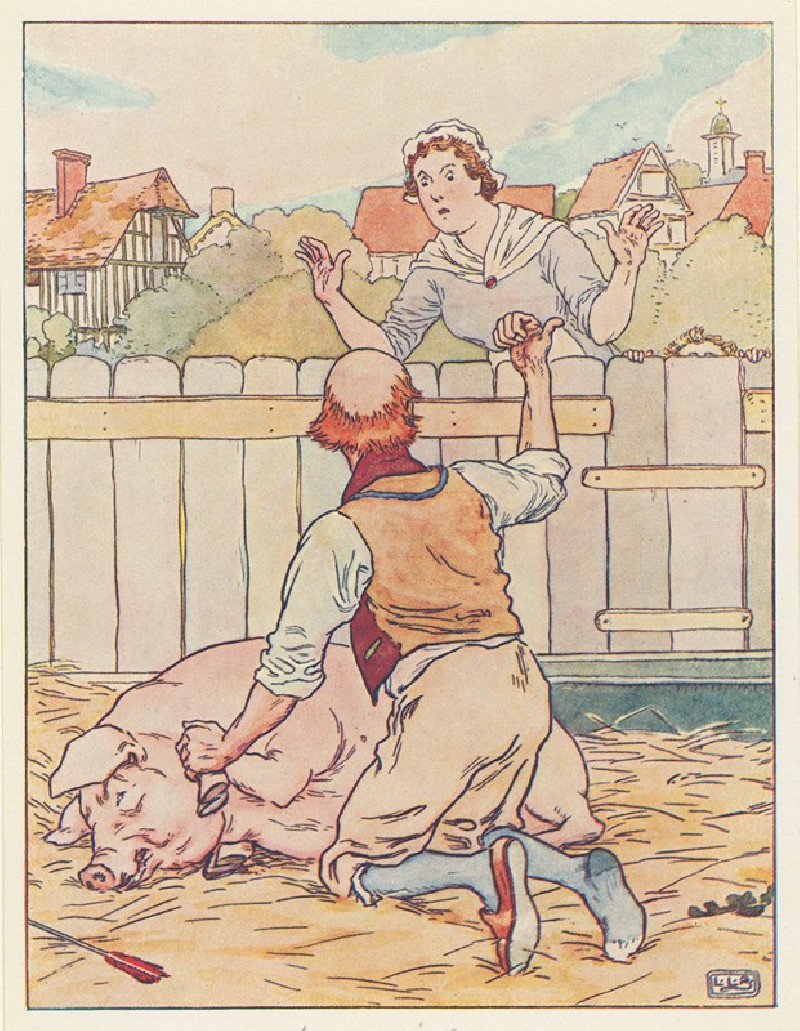
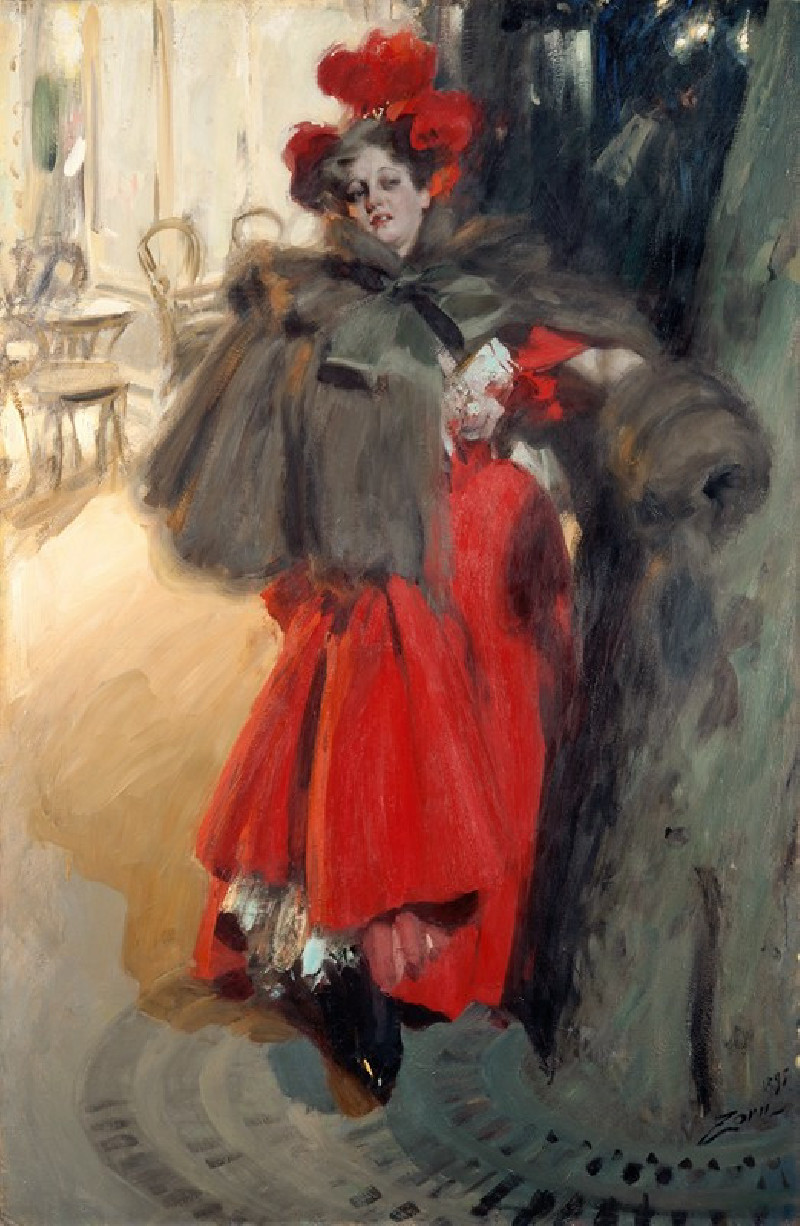
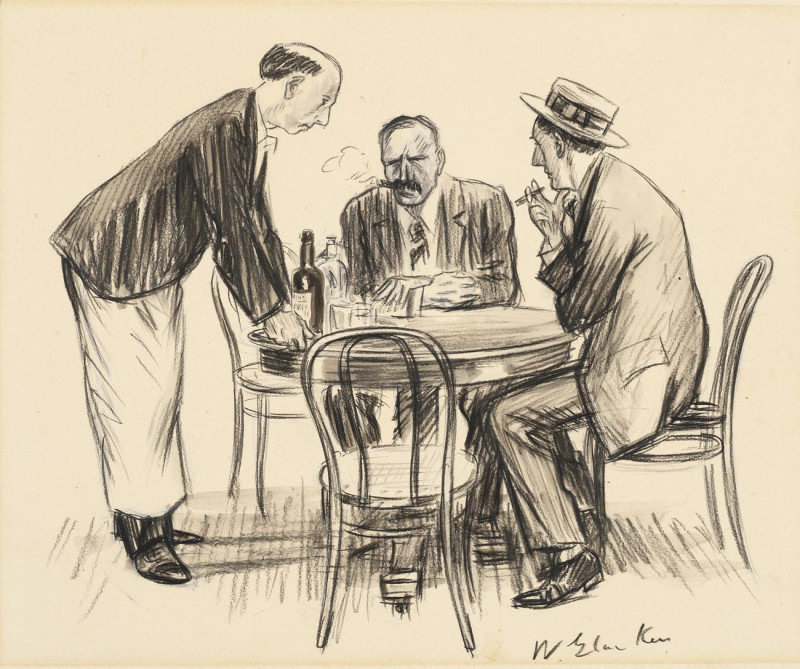
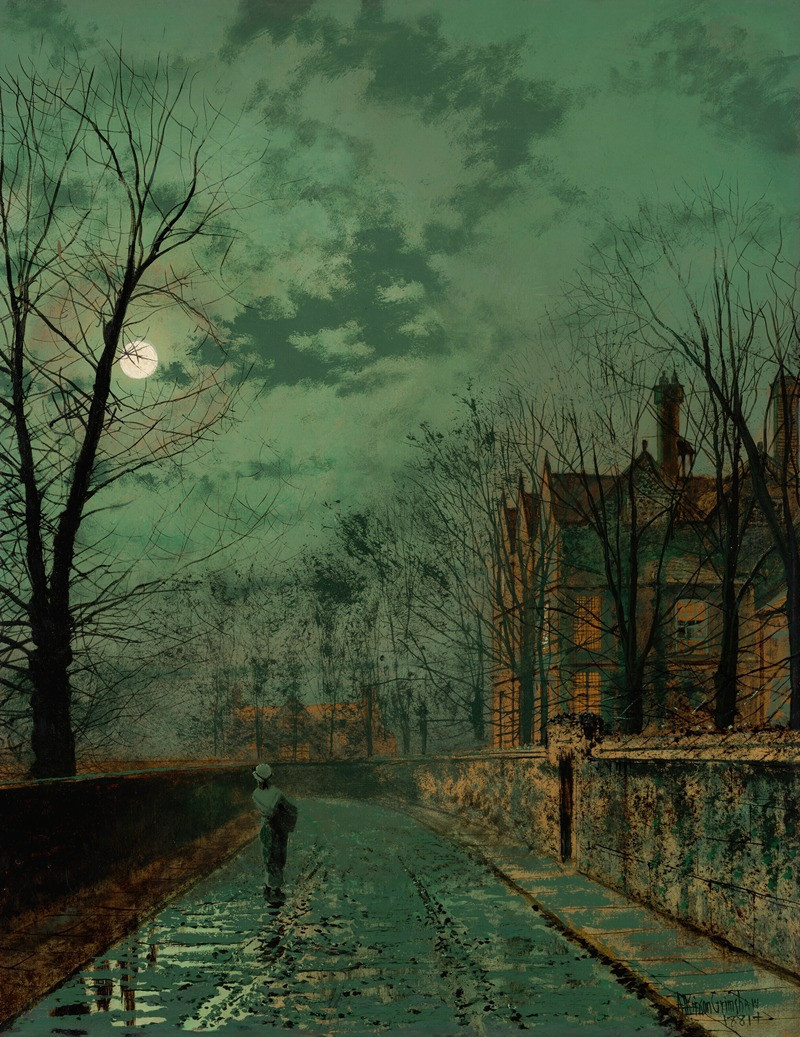
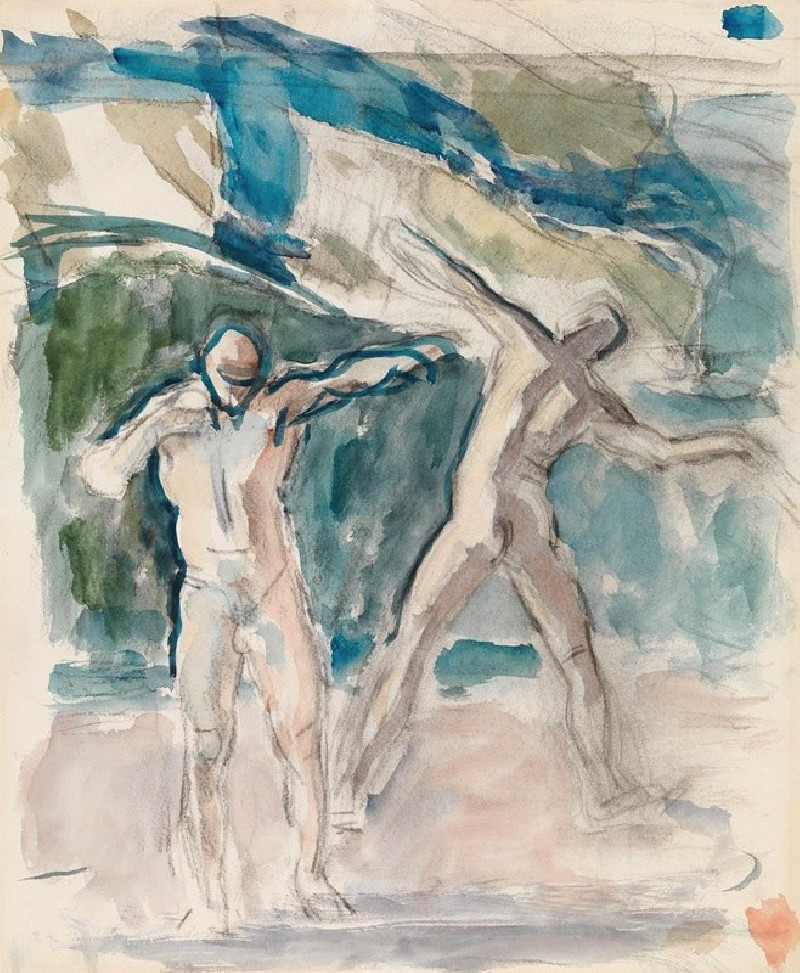
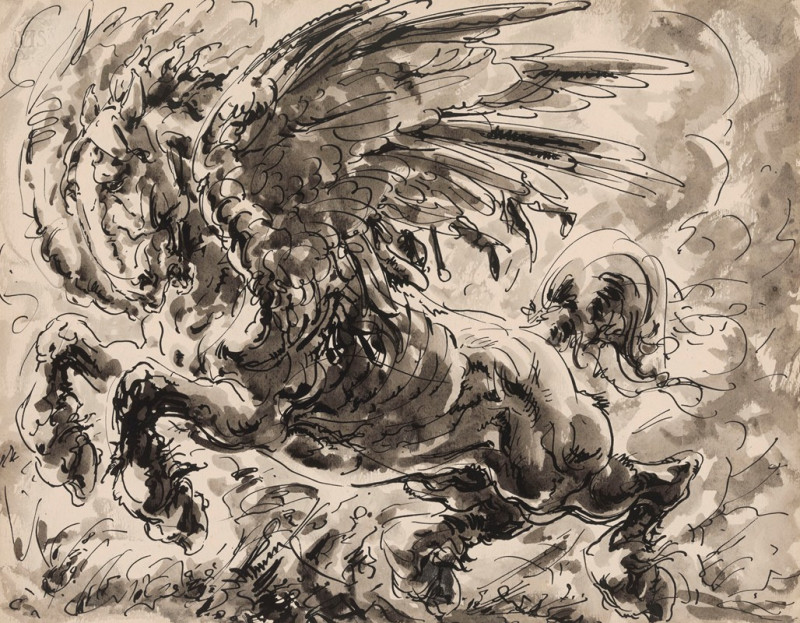
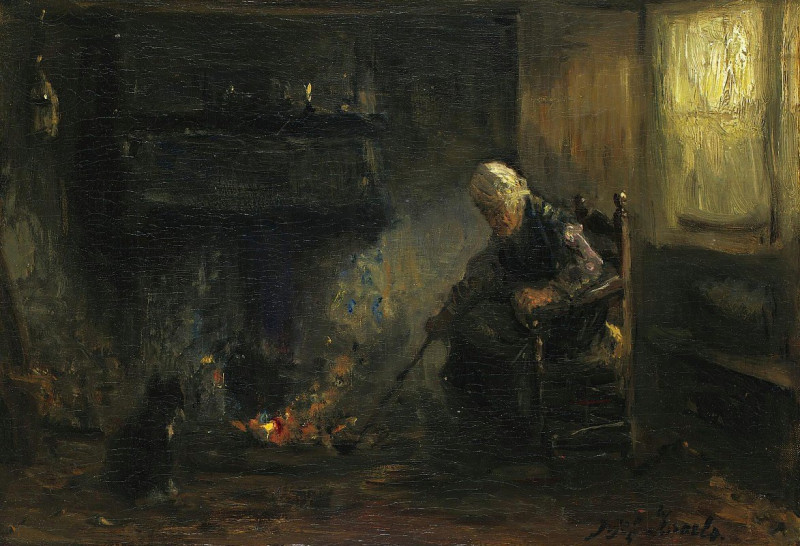
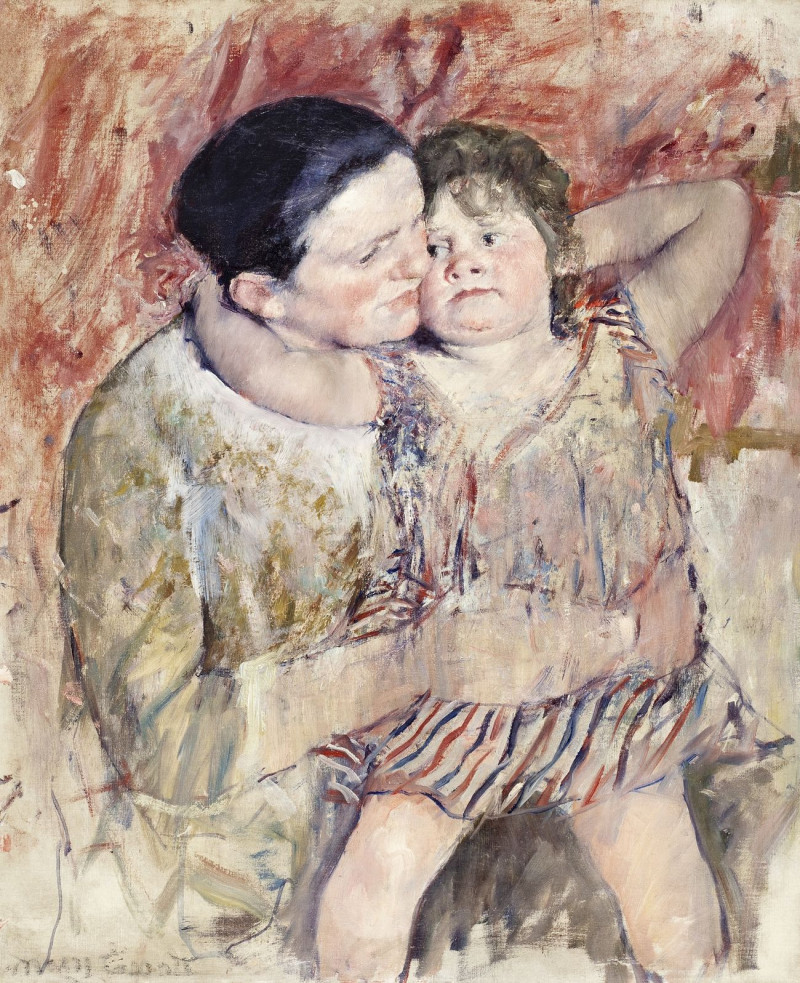
![Temple of Wady Saboua [Wadi al-Sabua], Nubia. (1846-1849) reproduction of painting by David Roberts. ALL GICLEE PRINTS](https://reprodukcijos.lt/39213-large_default/reproduction-of-temple-of-wady-saboua-wadi-al-sabua-nubia-1846-1849.jpg)

